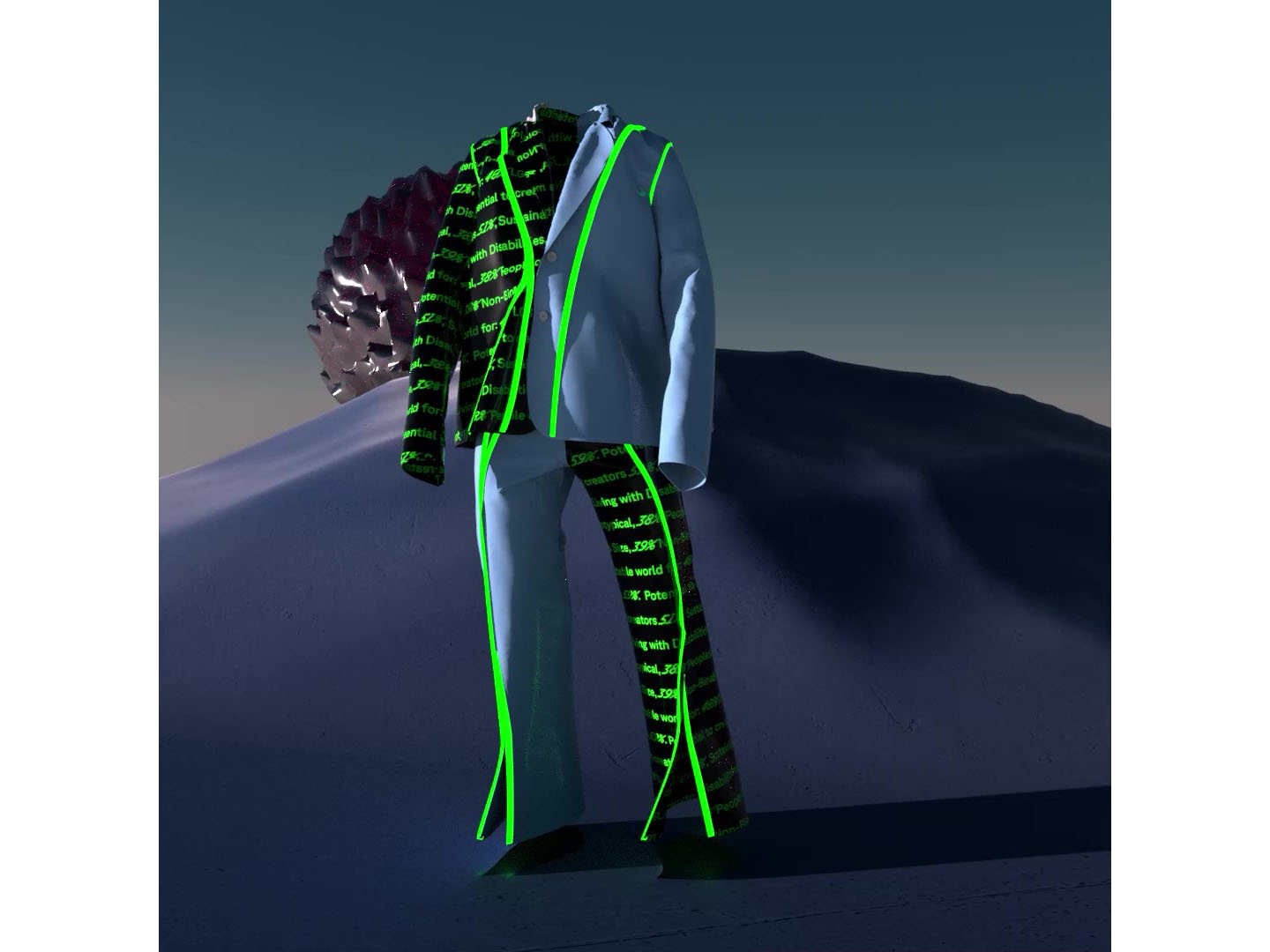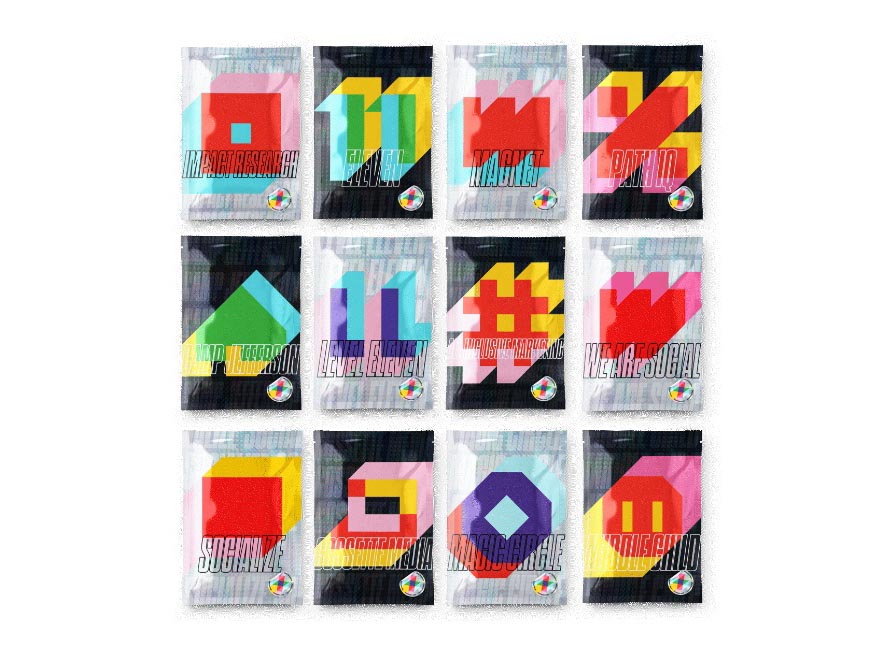News - News In Brief
Digital fashion poised to go mainstream, reveals a study by Virtue Worldwide
March 3, 2022
.jpg) Advertisement
AdvertisementIn a year of meta-acceleration, people are already immersed in a wide range of metaverse experiences and 82% have already purchased a virtual good. This isn’t just for crypto enthusiasts or gamers, it is for everyone: just 5% reject the notion of buying virtual goods.
In a first-of-its-kind report, Virtue Worldwide, the creative agency powered by VICE, investigated the potential of virtual fashion with leading experts in the space, and explored interest and adoption with consumers to produce the world’s first ever wearable report.
The study labeled ‘The Screenwear Paper' is created by the Virtue Futures team, a dedicated division within Virtue Worldwide that helps brands innovate in new platforms, technologies, and spaces in culturally relevant ways. The study was initiated in partnership with leading digital marketspace for fashion NFTs, THE DEMATERIALISED, who are creating a new reality for fashion. It follows the agency’s Cannes Lions winning work for Norwegian fashion retailer Carlings in 2018 when the team, led by Morten Grubak, ECD Innovation, conceptualised, designed, and rendered the world's first digital clothing collection for the brand.
Now keen to shine a light on the current and future state of digital fashion and gain a broader perception of the Metaverse, Virtue surveyed 3,000 global consumers across eight markets and interviewed a range of industry experts, including Lady Gaga’s longstanding Creative Director Nicola Formichetti, The Institute of Digital Fashion, and Benoit Pagott; co-founder of RTFKT Studios (the web 3.0 company acquired by Nike in 2021).
The study takes an in depth look at digital fashion now and in the future; it also includes a guide for how brands should show up, and a set of wearable NFTs for the reader to experience for themselves.
Morten Grubak, Global ECD, innovation, at Virtue Worldwide, said, “Our biggest strength as an agency is contributing to culture rather than stealing from it, and while many may still think digital fashion is a futuristic notion, it’s clear from this report that the consumer appetite is already here, today. For brands to stay relevant, they need to be taking steps now to move into the virtual and mixed-reality fashion space.
The study found that of all digital goods, fashion is the most widely adopted. For those keen to invest, or who want to be part of a new trend, or who want to explore their identity and express themselves, digital fashion is an exciting and fast developing new category. It is a space with much potential:
- Digital fashion is already worth as much if not more to people than fashion IRL.
- 65% of global respondents would be prepared to pay the same or more for a virtual fashion item vs. its physical twin.
- On average, global respondents expect nearly half (46%) of their overall wardrobe to be digital 5 years from now.
- New categories of clothing will emerge entirely - why just recreate the things we wear here in the real world?
Karinna Grant, Co-CEO of THE DEMATERIALISED, said, “We deliberately surveyed people who are interested in a range of industries, including media, fashion, tech, gaming, and/or art and culture, and identified themselves as non-rejectors of new trends. For many, digital fashion provides a more sustainable way to express themselves online, and although the industry is in its infancy, the opportunities are incredible.”
To highlight the expansive opportunities in digital fashion, The Futures team has made its study ‘wearable’ by creating three non-gendered digital clothing NFTs available on THE DEMATERIALISED, minted on the energy-efficient LUKSO blockchain, to reduce environmental impact. Each item of digital fashion--The ScreenWear Robe, The Screenwear Suit and The Screenwear Buckaclava--has quotes and statistics weaved into the design to reflect the key findings of the report.




.jpg)










